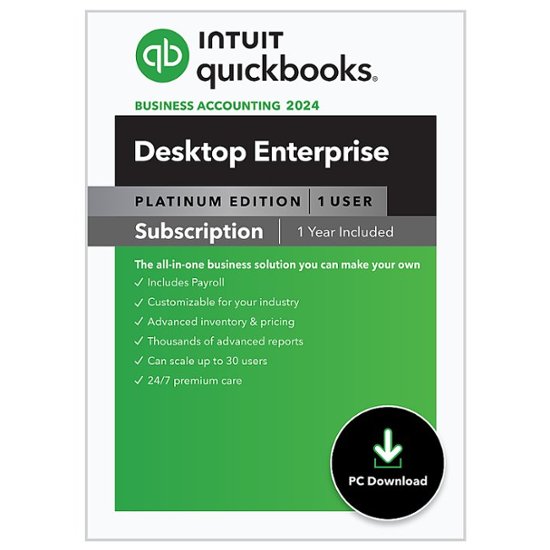QuickBooks Tips for Business Owners
For business owners, managing finances and keeping track of transactions can be a time-consuming and challenging task. Thankfully, QuickBooks comes to the rescue by simplifying the process and providing valuable insights into the financial health of your business. To help you effectively leverage QuickBooks, here are some essential tips:
Tailor QuickBooks to Your Business
Customize QuickBooks to fit the specific needs of your business. Set up your chart of accounts (might get a professional bookkeeper involved in this one), design invoice templates, and format reports to reflect your company brand, industry, and business structure. This will ensure accurate tracking and reporting of your financial data.
Automate Routine Tasks
Save time and reduce errors by automating routine tasks in QuickBooks. Utilize features like recurring invoices, bill payments, and bank feeds to streamline your financial processes. By automating these tasks, you can focus on more strategic activities and have more accurate data.
Regularly Reconcile Bank Accounts
Reconciling your bank accounts with QuickBooks is crucial for accuracy. Perform bank reconciliations at least monthly if not weekly to ensure that all transactions are recorded correctly, and any discrepancies are resolved promptly (another one you might want the help of a bookkeeper with). This process helps identify errors, fraud, and improves the accuracy of financial reporting.
Utilize Financial Reports
QuickBooks provides a range of financial reports that give you valuable insights into your business’s financial performance. Regularly review reports such as Profit and Loss, Balance Sheet, Cash Flow Statement, and Accounts Receivable/Payable Aging. These reports help in making informed decisions, keep finances on track, and identify areas for improvement.
Take Advantage of Integrations
QuickBooks integrates with a variety of other business tools such as CRM/ERP systems, payment processors, and inventory management software. Explore and leverage these integrations to automatically sync data and improve efficiency. This helps eliminate manual data entry and ensures seamless information flow between different systems.
Backup Your Data
Regularly backup your QuickBooks data to prevent any potential loss due to system failure or data corruption. Utilize both local and cloud-based backup options to keep your information secure. Additionally, test the restore process periodically to ensure that your backup is functional.
Stay Updated and Seek Expert Help
QuickBooks frequently releases updates and new features to enhance user experience and address any issues. Make sure to keep your software version up to date to access the latest improvements. Additionally, if you encounter any complex accounting or technical questions, don’t hesitate to seek help from QuickBooks experts or certified professionals.
Farmhouse Networking has been supporting Quickbooks for our client for many years. We are experts at installing and maintaining Quickbooks in companies that have multiple users.
